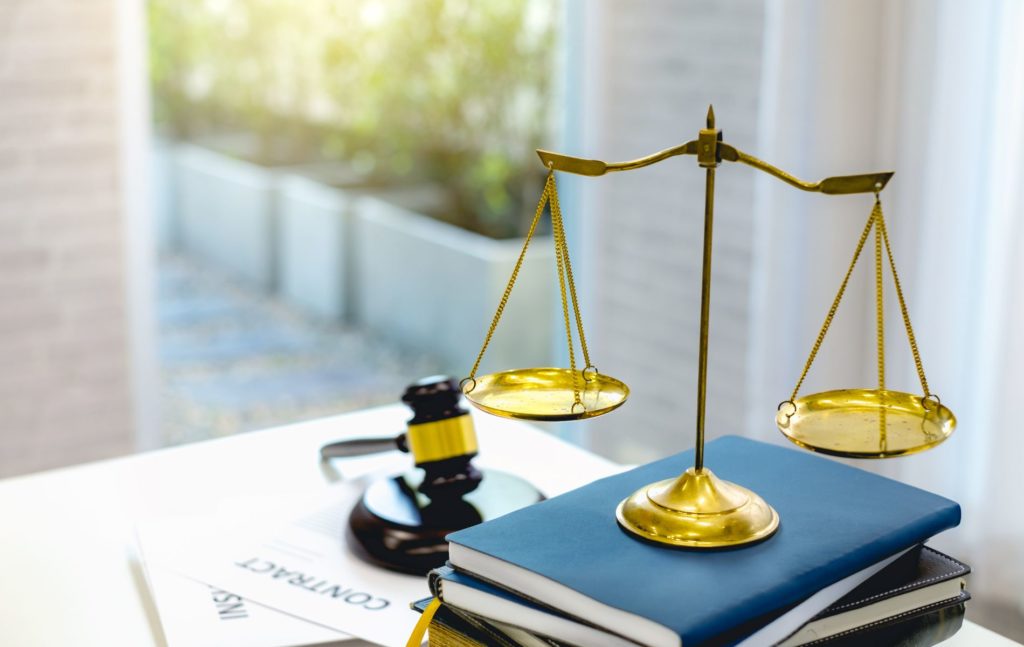
7 Tips On Social Media Etiquette When Someone Passes Away
In recent years, it has become increasingly common for individuals to express their feelings of grief or sadness over the loss of a loved one through online platforms.
When a loved one passes on, it can be incredibly difficult to make arrangements and important decisions while you are grieving. While all of us will unfortunately experience the death of a loved one during our lives, many of us do not know what to do when that time comes. We detail what your first steps should be after a death occurs, and we are here to support you every step of the way.

Whether a death occurs in a hospital, a rest home, or at a private home, a doctor needs to certify the death by completing a Medical Certificate of Causes of Death.
If the passing of your loved one was expected, your first step should be to call a GP who will need to visit the deceased to officially declare their death and provide the Certificate of Cause of Death. If the death occurs during the night and you are unable to call a doctor, please contact Osbornes Funeral Directors for assistance.
In some instances, the presence of a coroner will be required. There are several scenarios in which this might be necessary, some examples include: if the death was unexpected, accidental, suspicious, or if the cause of death is unable to be determined by a doctor. If the death falls into one of these categories, your first call should be to emergency services. Alternatively, if you’re not sure whether you require a doctor or a coroner, we can offer our expert guidance.
Once the official documentation has been provided by a doctor or coroner, your chosen Funeral Director will be able to transfer the deceased and begin making arrangements.
If a death has occurred and you are unsure how to proceed, please get in touch with Osbornes Funeral Directors. We are available 24 hours a day and can advise you on your next steps, as well as offer our emotional support during this difficult time.

Once the official documentation has been completed and the deceased is with the Funeral Director, it is time to begin making arrangements.
If your loved one had a will, it is best to locate and read it before planning a funeral service, as the will may contain instructions or the wishes of the deceased. This will also name the executor(s), who are the people nominated by the deceased to organise the funeral service and settle their legal affairs; only named executors are able to access the will.
You may already know where a copy of the will is located, but if you do not, contact their lawyer to receive a copy.
After the funeral service, the executor(s) will need to begin making arrangements to liaise with the lawyers administering the estate.
If you have any questions about these processes, please don’t hesitate to call us. We are here to help.

Letting family and friends know that their loved one has passed on is never easy, especially when you are grieving yourself. Here are some steps to break down the task:
Be sure to take time to allow yourself to grieve, and ask for support from family, friends, or from your Funeral Director or our on-site Bereavement Counsellor.


Rachel McRae
Tanya Lee-Cox
Eugene Matthews
Hulton Family
T Brown
Karly Pirie